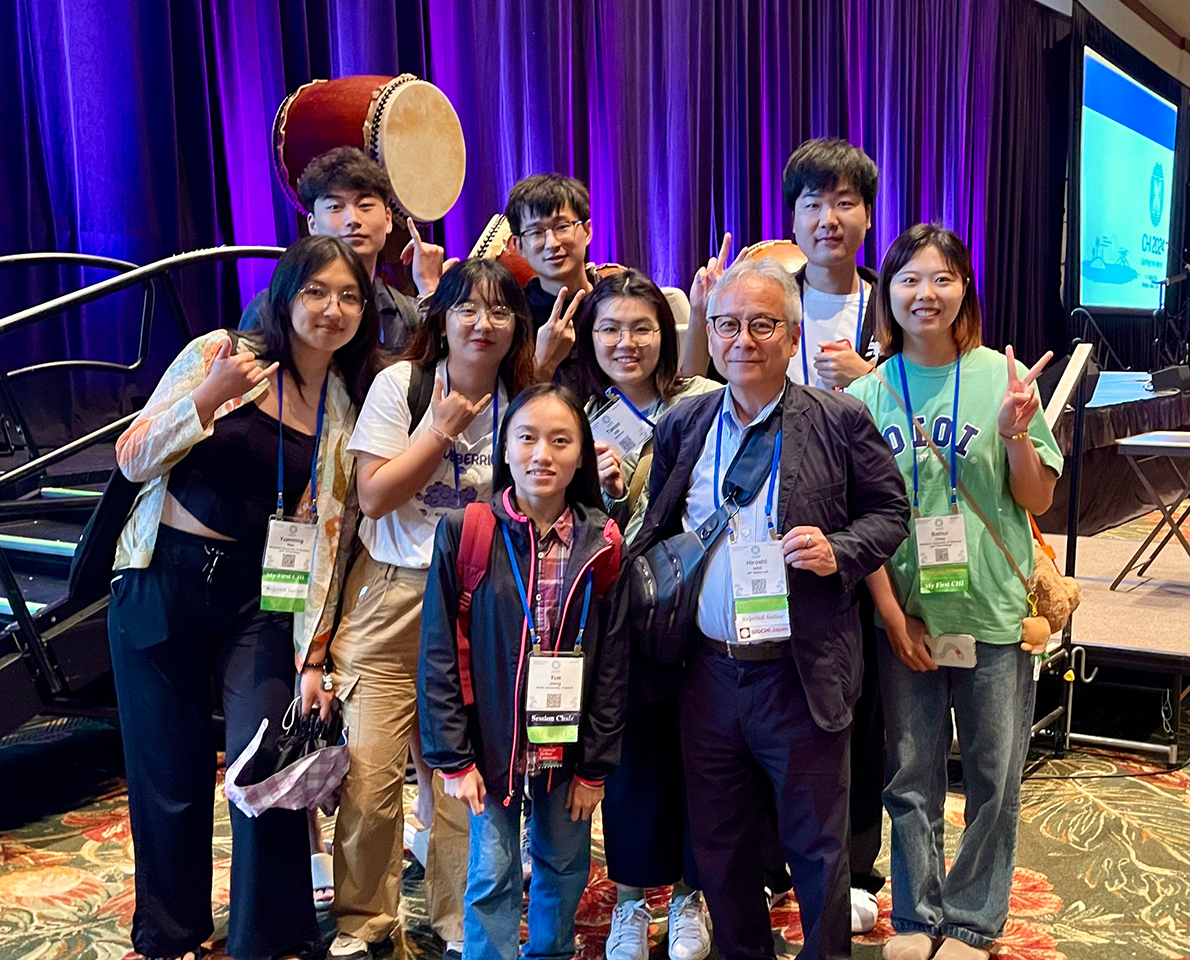Dec 9. 2020 - Latest News
On 9 December 2020, SUSTech School of Design organized the Hult Prize Brainstorming Workshop at activity room 103, Shuli College.
Prof. Thomas Kvan, Dean of the School of Design, hosted a brainstorming workshop on the 2021 Hult Prize Challenge: Transforming Food into a Vehicle for Change and inspired students' innovative thinking and entrepreneurship by threading human-centric design thinking and approaches into the proposal ideation. The workshop welcomed a full house and sparked lively discussions.


At the opening, Prof. Kvan gave a detailed introduction to this year's Hult Challenge and then illuminated how our existing food systems work, why they are failing humanity on a global scale, and what the lingering problems are. During the Q&A session, Prof. Kvan also shared his own observations on the food crisis caused by diminishing usable land and the unfairness of food systems in the three places he had lived in, namely Shenzhen, Melbourne, and Denmark. Many interesting and innovative ideas were built during the heated group discussions, with each group made up of 3-4 students.
While elaborating on the process of the Hult Prize Challenge, and the principles, concept, and process of design thinking, Prof. Kvan emphasized that design thinking is not a static five-step cycle improvement, but rather the cross-over study and design that is built on iterative and user-centered approaches, for example, the interrogative "five whys" technique, originally developed by Sakichi Toyoda, epitomizes the sprit of designers of constantly asking why and advancing design ideation and realization. With two rounds of group discussions, concepts and ideas gradually took shape, some of which introduced AI and other high-tech solutions to remediate the food crisis.


In the end, Prof. Kvan highlighted the Zero Discharge Program initiated by George Chang and a few former winning proposals and closed the workshop by encouraging students to bring about distinctive and reflective ideas beyond their own limits and speak to their own backgrounds.


The brainstorming exchange extended after the workshop when students raised more questions around how to translate design research and practice into entrepreneurship projects. Many students expressed their growing interest in and deeper understanding of design as an innovative tool and a way of thinking, owing to the workshop.



Jul 2. 2024 - Latest News
_1.png)
May 12. 2024 - Latest News

Aug 31. 2022 - Latest News